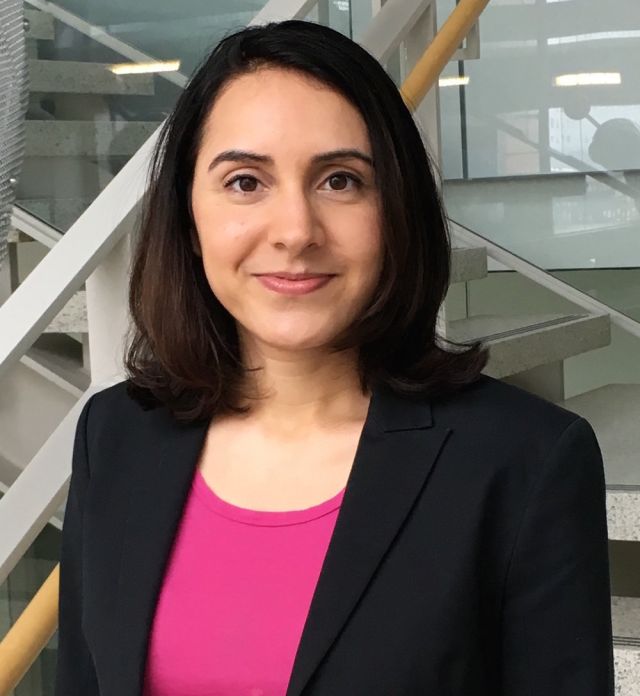Ophelia Venturelli, Ph.D. Assistant Professor, University of Wisconsin-Madison, Exploring functional landscapes of the human gut microbiome

Seminar (In-Person + Zoom)
This BIOE 225 Seminar will be hosted in person as well as online via Zoom. RSVP to receive the zoom link by emailing info@bioengineering.ucsb.edu.
Zoom will open after the host has joined at the start of each seminar. You can ask questions through the chat forum and by raising your "hand" and the speaker will call on you.
Speaker:
Ophelia Venturelli, Ph.D.
Assistant Professor
Department of Biochemistry, Bacteriology, and Chemical & Biological Engineering
University of Wisconsin-Madison
Faculty Host
Enoch Yeung
Exploring functional landscapes of the human gut microbiome
Abstract:
Microbial communities are critical determinants of a wide range of environments ranging from the human gastrointestinal tract, plant rhizosphere and extreme environments such as hydrothermal vents. A myriad of unknown and complex abiotic and biotic interactions dictates the dynamics and functional activities of microbial communities. The human gut microbiome is a dense and diverse microbial ecosystem that shapes human physiology, nutrition, and behavior. Key community-level functions performed by gut microbiota that impact human physiology include the production and degradation of key metabolites and colonization resistance to intestinal pathogens. In response to environmental perturbation or host dysfunction, the functional and compositional state of the gut microbiome can shift to an alternative state that negatively impacts human health. Developing the capability to predict and design the community-level functions of gut microbiota hold tremendous therapeutic potential. By combining high-throughput bottom-up assembly of human gut communities with computational modeling, we decipher the interaction networks shaping community dynamics and health-relevant functions. We exploit the data-driven models to design communities with desired behaviors including tailored metabolite profiles, enhanced resistance to invasion and optimized community diversity. Further, we are developing and applying ultrahigh-throughput methods to analyze single-cell heterogeneity within microbiomes to provide a deeper understanding of interactions and microbiome dynamics. In sum, microbial interactions can be engineered to design microbial communities with desired target functions and building microbiomes from the bottom-up is a powerful approach to exploring the structure-function landscapes of microbiomes.
Research:
The Venturelli Lab aims to understand and engineer the spatiotemporal behaviors of microbial communities. We seek to elucidate the molecular and ecological design principles of microbial communities using tools from systems & synthetic biology. Our lab uses microfabrication methods to probe how spatial heterogeneity influences microbial communities and develops high-throughput methods to study microbial interactions in microbiomes. A major goal is to design novel strategies to precisely shift microbiomes to desired metabolic states.
We are fascinated by the complexity of the human gut microbiome and how to control microbiome functions. We study how microbial interaction networks impact the assembly, stability and functions of the human gut microbiome. In addition, we design novel circuits in key commensal or probiotic bacteria to sense and respond to environmental stimuli for therapeutic applications.